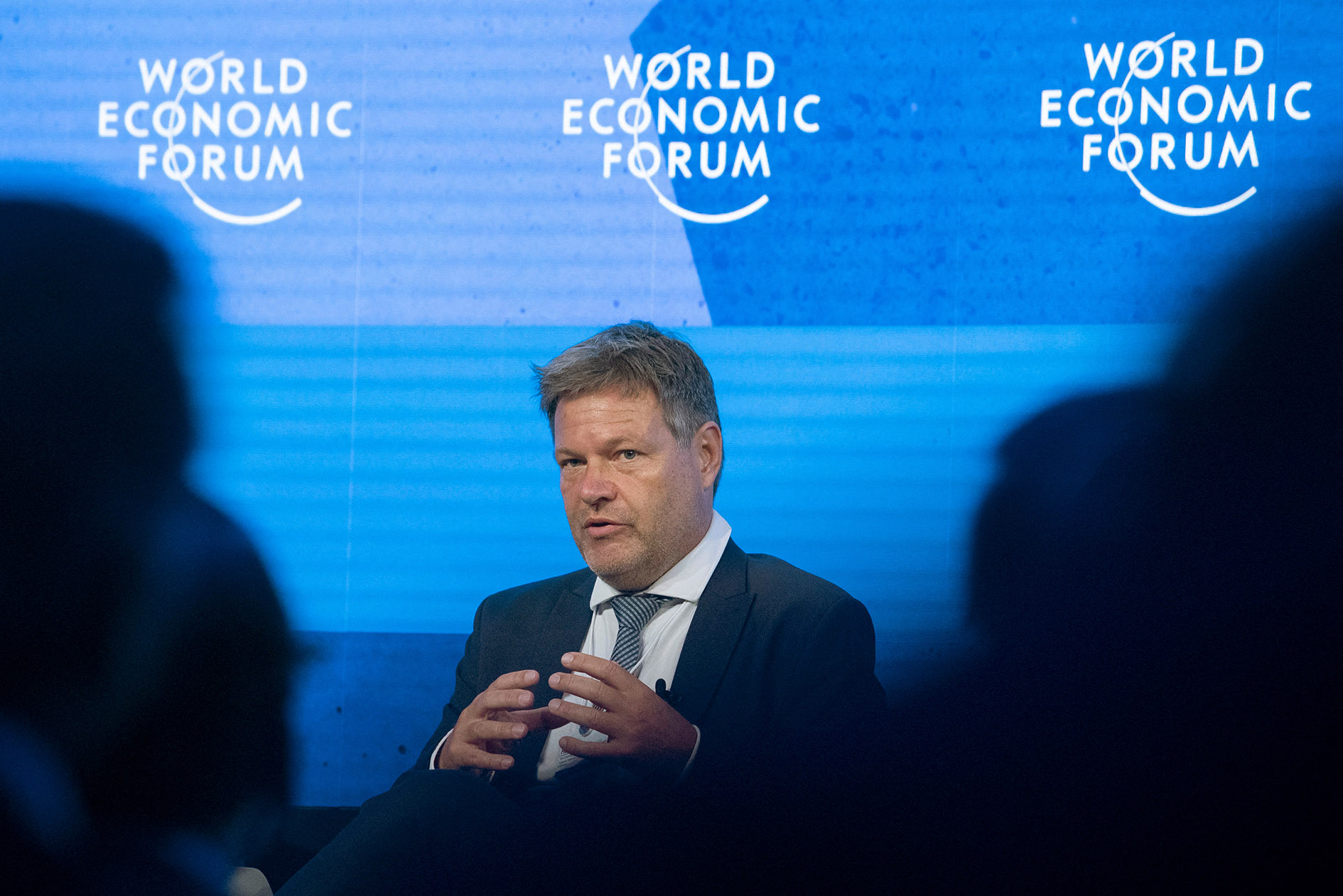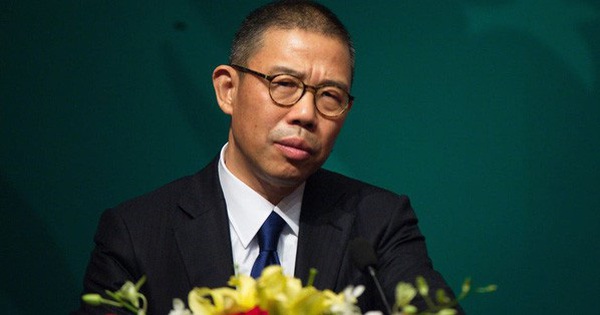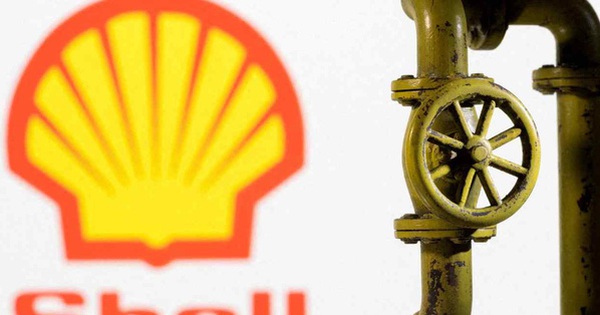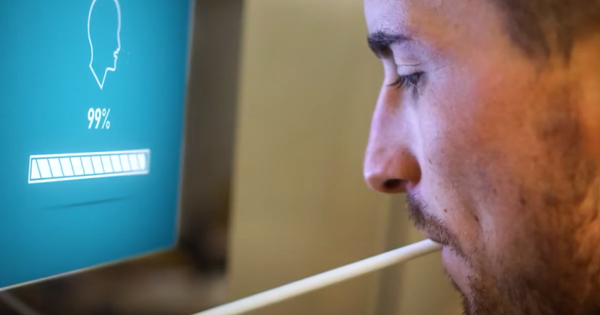Many worries at the World Economic Forum
Political and business leaders are attending the annual World Economic Forum (WEF) in the town of Davos (Switzerland) with many worries, including threats to the world economy. gender.
This year’s WEF takes place amid high inflation in the US and Europe. Commodity prices have undermined consumer confidence, wobbled world financial markets and forced central banks to raise interest rates.
Meanwhile, the Russia-Ukraine conflict has a strong impact on the oil and food markets. This worry is highlighted by a new report of the Organization for Economic Cooperation and Development (OECD) on May 23, according to which the total GDP of the group of 7 leading developed countries in the world (G7: including the US, UK, France, Germany, Italy, Canada, Japan) in the first quarter of 2022 decreased by 0.1% compared to the previous quarter.
At a discussion within the framework of WEF on the same day, German Deputy Chancellor Robert Habeck said that the world is currently facing at least four intertwined crises, including inflation, energy, food and climate.
According to Mr. Habeck, if none of these problems are resolved, the world is at risk of falling into recession, which will have a strong impact on global stability. Meanwhile, International Energy Agency (IEA) President Fatih Birol stressed that the current energy crisis should not increase dependence on fossil fuels.
Instead, according to Mr. Birol, countries need to choose the right investments in energy, especially renewable energy, to cope with the current shortage and achieve their climate goals.

German Deputy Chancellor Robert Habeck at a discussion within the framework of WEF on May 23 Photo: Reuters
The International Monetary Fund (IMF) last month lowered its forecast for global economic growth for the second time this year due to the conflict in Ukraine and inflation. Speaking at WEF on May 23, IMF Director-General Kristalina Georgieva assessed that the Russia-Ukraine conflict, tighter financial conditions and price shocks (especially food) have cast a dark shadow on the outlook. economic growth.
Also in a pessimistic mood, European Central Bank (ECB) President Christine Lagarde pointed out that increasing pressure from consumer prices is holding back economic activity and reducing the purchasing power of households. Ms. Lagarde pledged to raise interest rates in July and September to keep inflation in check, even if higher borrowing costs hurt economic growth.
The US economy is also under great pressure on inflation, with the consumer price index in March 2022 rising to the highest level in 40 years. The Federal Reserve (FED) earlier this month responded with a rate hike with the biggest increase in 22 years (0.5 percentage points). Fed Chairman Jerome Powell has signaled that he will continue to raise interest rates at at least the next 2 meetings.
With the world economy probably facing “the biggest test since World War II”, the IMF called on government officials and business leaders present at the WEF to discuss lowering barriers. trade barriers.
According to CNN, some countries are restricting food and agricultural exports to address the domestic cost of living crisis, although this threatens to exacerbate shortages and drive up prices around the world.
However, speaking while visiting Japan, US President Joe Biden said on May 23 that Washington was considering removing some tariffs imposed on Chinese imports from the time of his predecessor Donald Trump.
Enhancing the resilience of economies
On May 24, within the framework of the 52nd Annual Meeting of the World Economic Forum (WEF) in Davos, Deputy Prime Minister Le Minh Khai attended and delivered a speech and shared Vietnam’s vision at the first session. ASEAN digital for all people.
The Deputy Prime Minister emphasized solutions for technology transfer, implementation of 5G initiatives, and reduction of international roaming charges. At the discussion session on the topic of Resilience economy for sustainable growth, the Deputy Prime Minister proposed the WEF connect governments and businesses to improve resilience and adapt to each economy as well as the economy. Global.
On the same day, during a meeting with Lithuanian President Gitanas Nauseda, Deputy Prime Minister Le Minh Khai suggested the two sides set up bilateral cooperation mechanisms and coordinate in organizing trade promotion programs.
Previously, on May 23, the Deputy Prime Minister met with President of the US Senate Patrick Leahy. Expressing his delight at the strong development in many fields of Vietnam-US relations, the US Senate President said he would visit Vietnam in the near future to continue promoting priority areas of cooperation.
l Information from the Ministry of Foreign Affairs said that from May 26 to 27, Permanent Deputy Prime Minister Pham Binh Minh will attend the 27th Asia Future Conference at the invitation of Mr. Tsuyoshi Hasebe, President and CEO. CEO of Nikkei Group; at the same time visiting to work in Japan.
D.Ngoc
at Blogtuan.info – Source: nld.com.vn – Read the original article here



